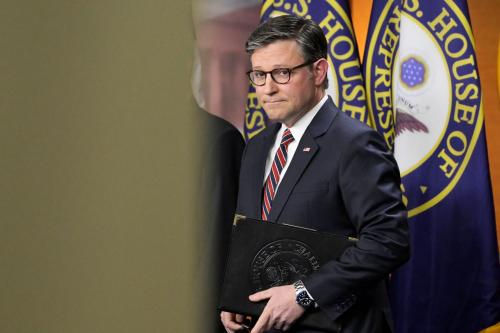All 12 members of the Congress’ Joint Select Committee on Deficit Reduction — or, the “super committee”–have been selected. They have been analyzed to the hilt. Observers are now speculating about who is going to remain true, who is likely to “sell out,” and who might engineer the grand compromise.
Actually, the parties in Congress are so well polarized that it makes little difference who has been appointed. All the members appointed so far are qualified. Most of them can be classified as “team players” who will do their best to represent their caucuses.
Don’t look for a 7-5, or 8-4 vote on the super committee. It is highly unlikely that one or two members will dare to cross party lines on a final vote. It is more likely that there will be a strong consensus on the final vote, with a possible objector or two.
Besides the party polarization, acts of heroism will be discouraged because the stakes are so low. The $1.5 trillion in deficit reductions the super committee is charged with finding this fall is a small fraction of our deficits over the coming decade. If achieved, it may retard the growth of our debt-to-GDP ratio slightly, but it won’t reduce it.
The Brookings Institution is committed to quality, independence, and impact.
We are supported by a diverse array of funders. In line with our values and policies, each Brookings publication represents the sole views of its author(s).



Commentary
Op-edSuper Committee Can’t Tackle Real Debt Problem
August 15, 2011